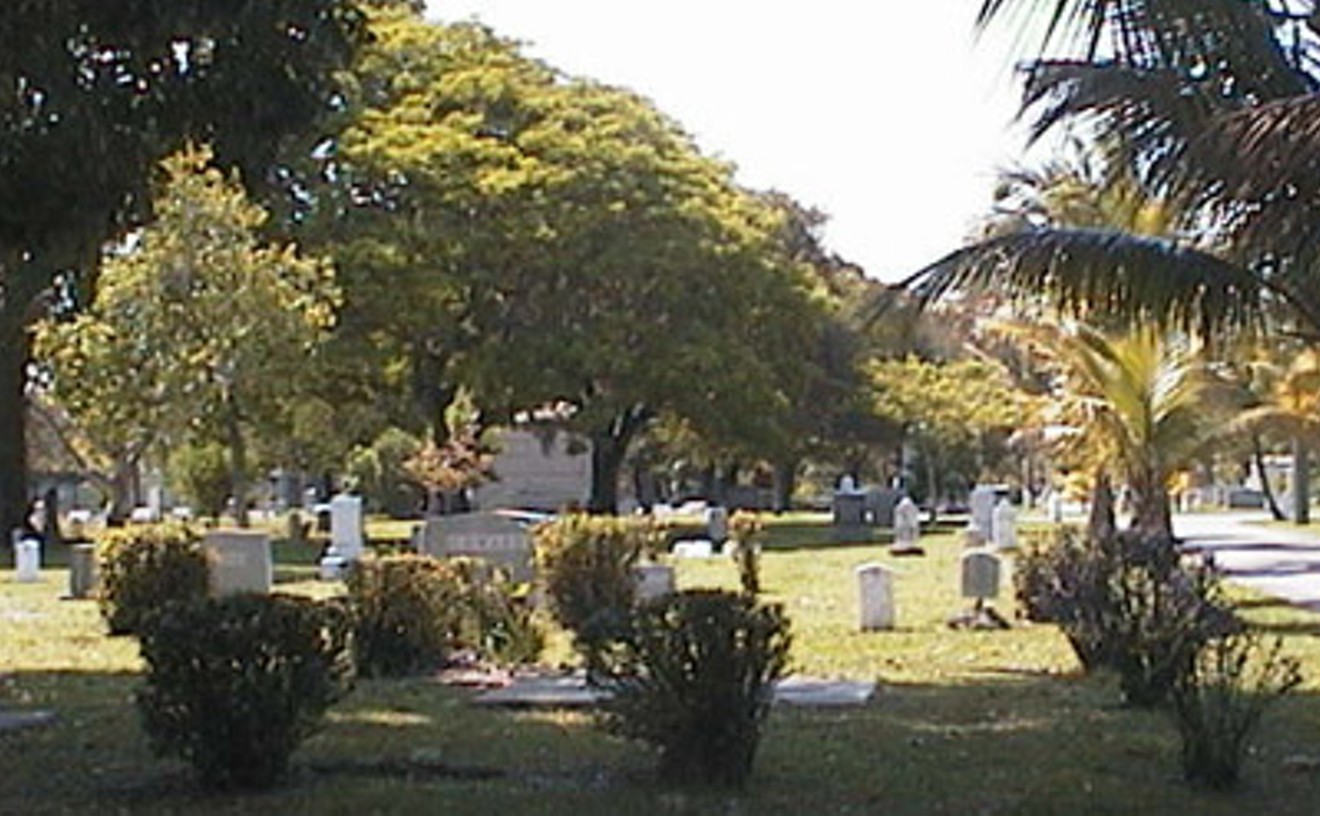Tomas Vokoun spent the first four years of his career consumed by an overwhelming fear that he would flop. It turned out he had obsessive-compulsive disorder (OCD), which for him manifested itself in an irrational and overpowering fear of failure. Once Vokoun was properly diagnosed and treated in 2002, his life returned to normal. But the roadblocks to establishing himself as a solid NHL goalie were just beginning. Vokoun rose to be a leader and All-Star for the Nashville Predators, but in April 2006, he was diagnosed with thrombophlebitis of the pelvis, a blood-clotting condition. While recovering, he missed the team's remaining regular-season games as well as the playoffs. He then broke his thumb the next season and was traded to the Panthers in 2007. He's been healthy and solid between the pipes ever since.
Vokoun, age 31, was the only All-Star on the Panthers squad this year, and has emerged as a team leader. When the Cats missed grabbing a share of first place in the Southeast Division after giving up a two-goal lead with 15 minutes to go, Vokoun didn't hesitate to speak his mind.
"It's unbelievable. I don't think words can describe it," he said after the 5-4 loss to the Carolina Hurricanes. "It just shows you our lack of commitment to defense. Many times it didn't cost us, but today it cost us dearly. We basically had the game and gave it to them."








